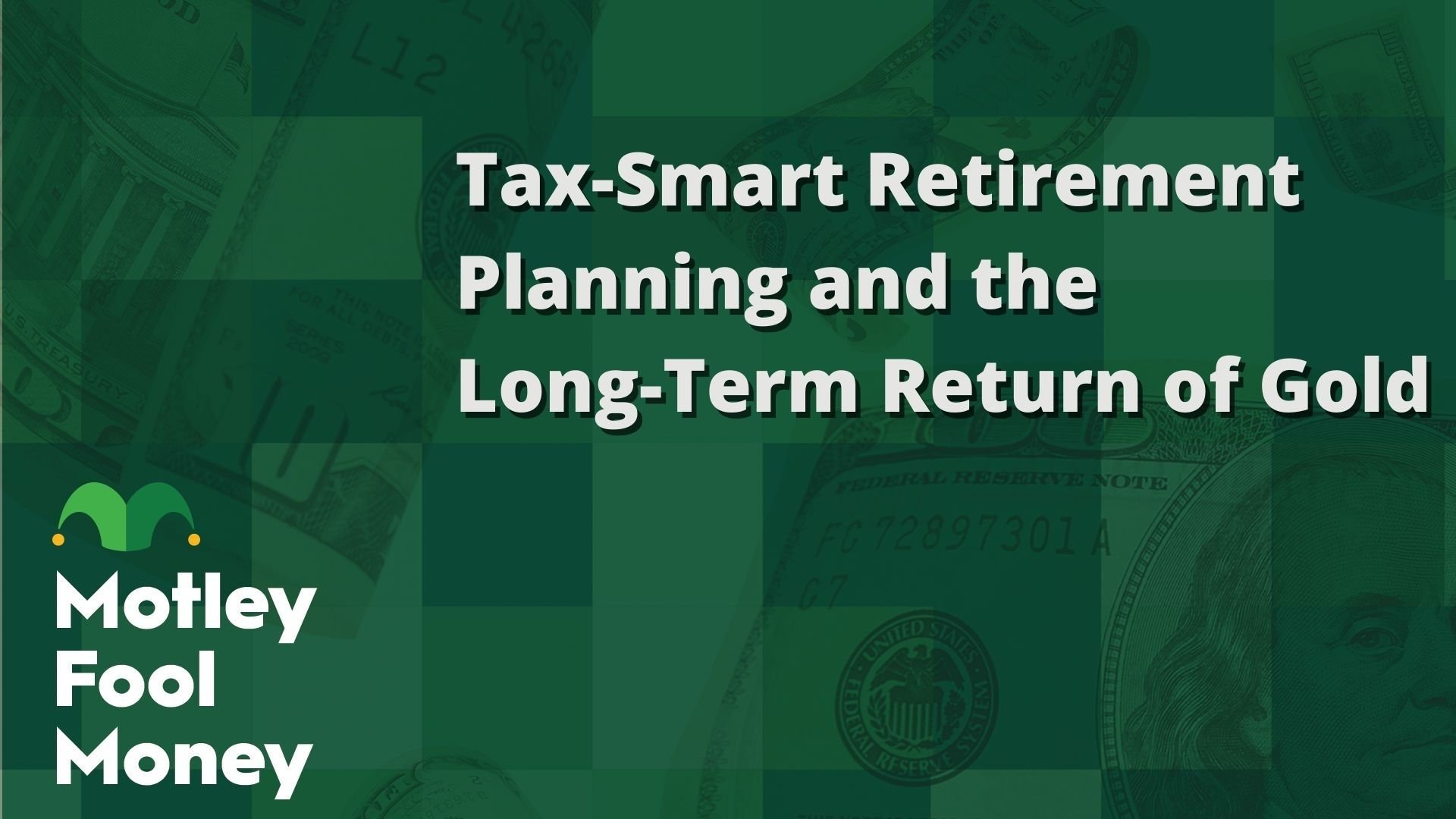When to claim Social Security is often one of the most important financial decisions a person makes in their lifetime. That's because benefits are usually the largest guaranteed source of income in retirement.
Nevertheless, many Americans are confused about how claim age impacts their payout. The Nationwide Retirement Institute recently conducted a survey that shows 40% of people think Social Security will automatically increase at full retirement age, even if they claim benefits earlier. That is false.
Read on to see the average Social Security benefit at different ages, and to learn precisely how claim age impacts the payout.

Image source: Getty Images.
The average Social Security benefit for retired workers at different ages
The Congressional Budget Office expects Social Security expenses to top $1.6 trillion next year, meaning the program will consume nearly 23% of all government spending. The Social Security Administration (SSA) ensures transparency and promotes public understanding by publishing anonymized benefit data.
That chart contains information from a recent biannual report. It shows the average Social Security benefit for retired workers at different ages as of June 30, 2025.
|
Retired Worker Age |
Average Monthly Benefit |
Average Annual Benefit |
|---|---|---|
|
62 |
$1,377 |
$16,524 |
|
63 |
$1,392 |
$16,705 |
|
64 |
$1,447 |
$17,369 |
|
65 |
$1,613 |
$19,355 |
|
66 |
$1,809 |
$21,705 |
|
67 |
$1,963 |
$23,552 |
|
68 |
$2,004 |
$24,045 |
|
69 |
$2,052 |
$24,629 |
|
70 |
$2,188 |
$26,250 |
Data source: Social Security Administration. Average benefit amounts have been rounded to the nearest dollar.
The chart shows Social Security payments tend to increase with age. The difference between the average retired-worker benefit at 62 (the earliest possible claim age) and 70 (the oldest sensible claim age) is about $811 per month, or $9,732 per year.
The SSA considers several factors when calculating benefits, but discrepancies in claim age are the primary reason payments are usually larger for older retirees. All else being equal, someone who starts benefits at age 62 is penalized with the smallest possible payout, and the penalty is permanent. Alternatively, if that person claims benefits at 70, they will receive the largest possible payout for their personal circumstances.
Claim age has a profound impact on Social Security benefits for retired workers
The SSA determines Social Security benefits based on lifetime earnings and claim age, as detailed in this four-step process:
- Earnings from your 35 highest-paid years of work are indexed to account for changes in the average wage over time.
- Indexed earnings are converted to a monthly average known as the average indexed monthly earnings (AIME) amount.
- The AIME is run through a formula to find the primary insurance amount (PIA), the benefit a retired worker will receive if they start Social Security at full retirement age (FRA).
- Social Security payments are revised lower or higher for retired workers who claim benefits early or late, respectively.
To elaborate on step four, workers who claim Social Security before FRA receive a smaller payout, which means less than 100% of their PIA. The precise reduction depends on how many months early Social Security starts, but no one can claim retirement benefits earlier than 62.
Workers who delay Social Security beyond FRA get a larger payout, meaning they receive more than 100% of their PIA. The precise increase depends on how many months late Social Security starts, but there is no advantage to claiming after age 70.
The chart explains the relationship between birth year and FRA. It shows the benefit (as a percentage of PIA) a retired worker will receive if they start Social Security at 62 and 70. In other words, it shows the smallest and largest payout for each FRA group.
|
Birth Year |
Full Retirement Age |
Benefit at Age 62 |
Benefit at Age 70 |
|---|---|---|---|
|
1943-1954 |
66 |
75% |
132% |
|
1955 |
66 and 2 months |
74.2% |
130.6% |
|
1956 |
66 and 4 months |
73.3% |
129.3% |
|
1957 |
66 and 6 months |
72.5% |
128% |
|
1958 |
66 and 8 months |
71.7% |
126.6% |
|
1959 |
66 and 10 months |
70.8% |
125.3% |
|
1960 and later |
67 |
70% |
124% |
Data source: The Social Security Administration.
Importantly, the average Social Security benefit tends to increase over time due to changes in prices and the average wage. For instance, the average retired-worker benefit at age 70 is currently $2,188 per month, but it was $1,612 per month in June 2020. So, the average 70-year-old retiree receives an additional $576 per month today.
I mention that because some readers may not claim Social Security for several years, and the average payouts will almost certainly be higher by then. But the percentages shown in the chart will not change. That means a retired worker born in 1960 or later can increase their benefit 77% by simply claiming Social Security at age 70 rather than age 62.
Where did I get that figure? I divided 124 by 70. In other words, I divided the largest possible Social Security payout (expressed as a percentage) by the smallest possible payout (expressed as a percentage). The answer is approximately 77.





